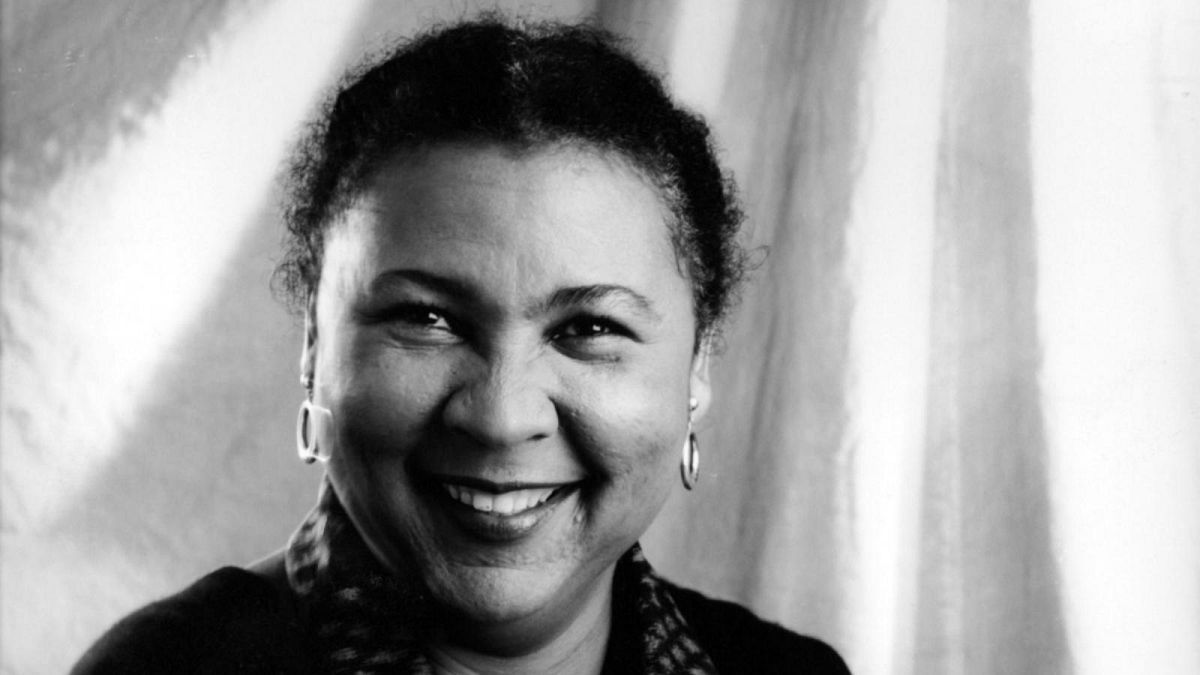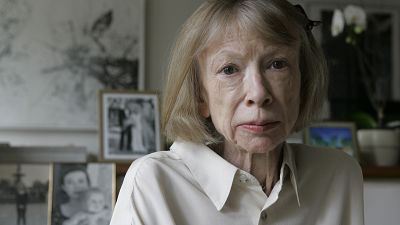Known for her books Teaching to Transgress and Feminism is for Everybody, the Kentucky native has died at home after an illness.
Renowned American author, activist and professor bell hooks has died today aged 69 at her home in Kentucky, US.
According to a statement, hooks had been suffering from illness and died with family and friends at her side.
Born Gloria Jean Watkins in 1952, hooks grew up in a working-class African American family in Hopkinsville, Kentucky. She attended a racially segregated school, before transitioning to an integrated high school - experiences she credited with shaping her view on educational freedom.
In 1973 hooks graduated from Stanford University with a BA in English Literature, while writing her first major work Ain’t I a Woman? Black Women and Feminism - although this wouldn’t be published until 1981.
She later earned an MA in English from the University of Wisconsin-Madison, and then completed a PhD from the University of California focusing on the work of author Toni Morrison in 1983.
During her early time in academia, she adopted the pen name bell hooks - always spelt with lowercase lettering to indicate the importance of her work “not who I am” - after her great-grandmother.
An award-winning writer with international reach
Her first published work was a collection of poems called And There We Wept in 1978, while she was in the early stages of her academic career as an English professor and ethnic studies lecturer at the University of Southern California.
After the publication of Ain’t I a Woman? in 1981, hooks’ work began to receive widespread recognition, cementing her place as a seminal figure in feminist theory. In particular, hooks was recognised for her intersectional lens, considering how class, race and gender come together to maintain and compound oppression in society.
Throughout her considerable career, hooks published 40 books, translated into 15 different languages.
In 2014, actress Laverne Cox credited hooks’ 1994 book Teaching to Trangress with changing her life. Cox, who is black and transgender, said the text helped her understand herself and the space she was in while studying at university.
Speaking directly to hooks, in a conversation at the New School in New York, Cox said, “you were writing about unessentialised ideas about what is a woman. You were moving away from these ideas of essentialised womanhood that held feminism back.
“It made me realise we cannot talk about ending homophobia without talking about ending patriarchy. We cannot talk about ending transphobia without talking about ending patriarchy.
“When I read a script now, so much of your work has influenced the way I read scripts and the way I read images,” Cox added.
The family of hooks has asked for any contributions or memorials to be made to the Christian County Literacy Council or Museums of Historica Hopkinsville Christian County. No further information on what illness hooks was suffering from has been released.
An outpouring of love
Since her death was announced, fans of hooks' work have paid tribute to her online.
"It is not hyperbole to say bell hooks saved me and so many of the women I've been blessed to move through this life alongside," said Hannah Giorgis, a staff writer at the Atlantic. "What an incalculable loss."
Author and screenwriter Bolu Babalola wrote, "inspired every day by her legacy of love."
Others online urged people to engage with hooks' work, even if they were unfamiliar with her previously.
"If you're just learning about bell hooks, there's no shame," notes writer and activist Raquel Willis. "You can always read her words and meet her on the page."



